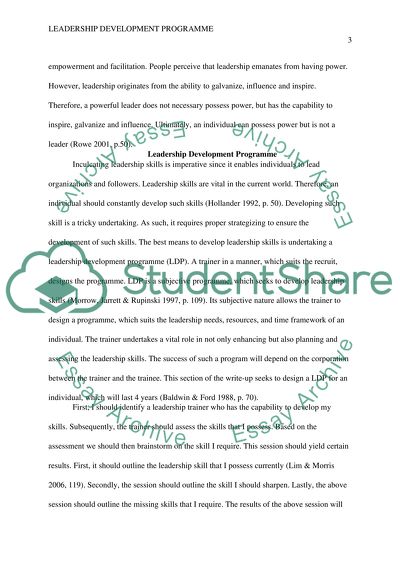Cite this document
(“LEADERSHIP Essay Example | Topics and Well Written Essays - 1250 words”, n.d.)
Retrieved from https://studentshare.org/other/1400239-leadership
Retrieved from https://studentshare.org/other/1400239-leadership
(LEADERSHIP Essay Example | Topics and Well Written Essays - 1250 Words)
https://studentshare.org/other/1400239-leadership.
https://studentshare.org/other/1400239-leadership.
“LEADERSHIP Essay Example | Topics and Well Written Essays - 1250 Words”, n.d. https://studentshare.org/other/1400239-leadership.


